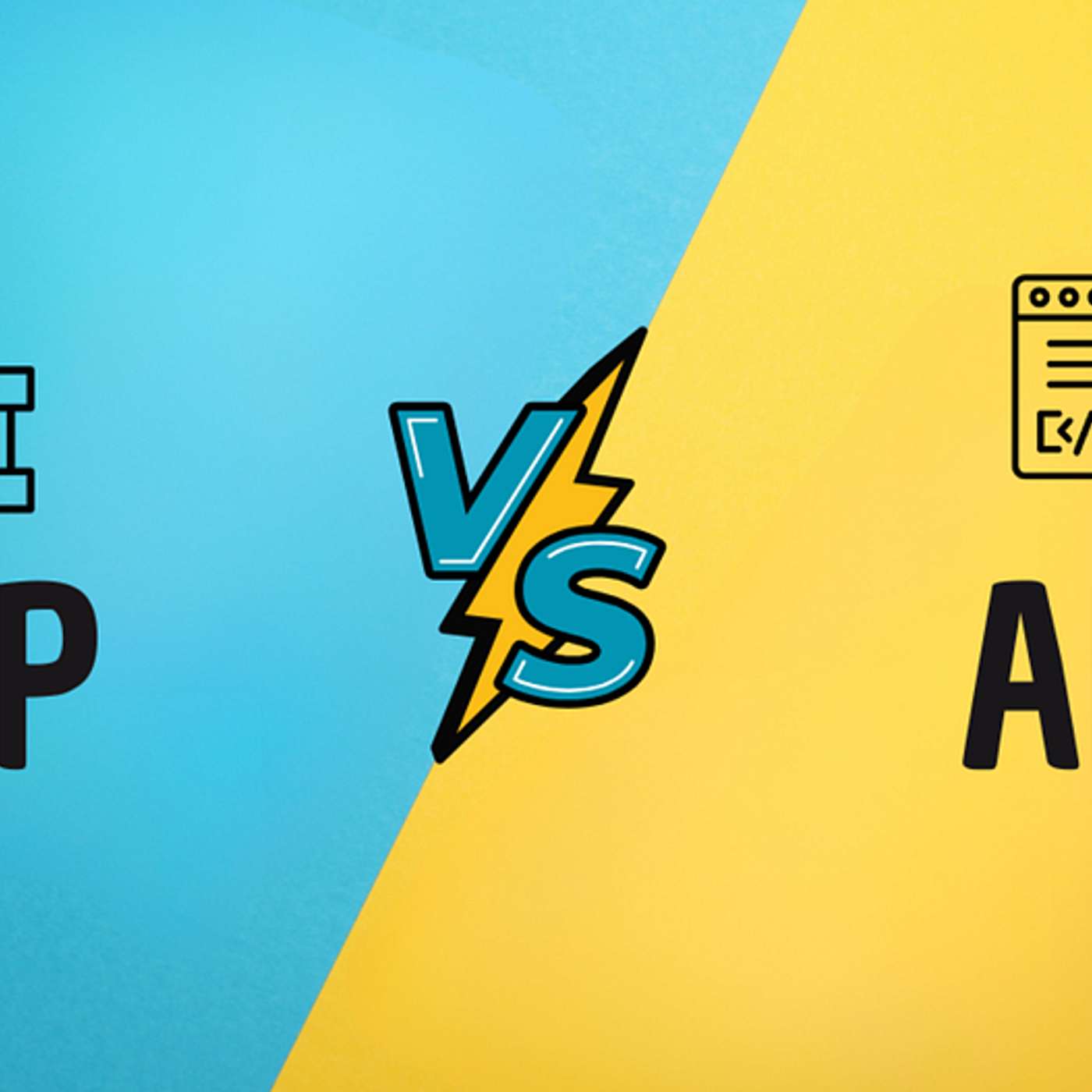Generalizing Sparse Spectral Training Across Euclidean and Hyperbolic Architectures
Description
This story was originally published on HackerNoon at: https://hackernoon.com/generalizing-sparse-spectral-training-across-euclidean-and-hyperbolic-architectures.
Sparse Spectral Training boosts transformer stability and efficiency, outperforming LoRA and ReLoRA across neural network architectures.
Check more stories related to machine-learning at: https://hackernoon.com/c/machine-learning.
You can also check exclusive content about #neural-networks, #sparse-spectral-training, #neural-network-optimization, #memory-efficient-ai-training, #hyperbolic-neural-networks, #efficient-model-pretraining, #singular-value-decomposition, #low-rank-adaptation, and more.
This story was written by: @hyperbole. Learn more about this writer by checking @hyperbole's about page,
and for more stories, please visit hackernoon.com.
Sparse Spectral Training (SST) introduces a low-rank optimization technique that enhances both Euclidean and hyperbolic neural networks. Tested on machine translation benchmarks like IWSLT and Multi30K, SST consistently outperformed LoRA, ReLoRA*, and even full-rank training, delivering higher BLEU scores and preventing overfitting in high-dimensional hyperbolic spaces. The results highlight SST’s ability to generalize efficiently while maintaining stability and robustness across architectures.
























